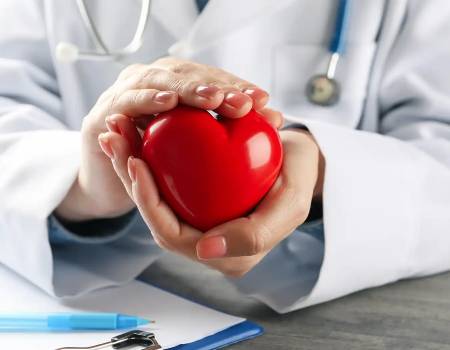A 2D echocardiogram, also known as a 2D echo, is a non-invasive imaging test that uses ultrasound technology to create detailed images of the heart’s structures, including the chambers, valves, and surrounding blood vessels. It provides valuable information about the size, shape, and function of the heart. Here are five commonly asked questions (FAQs) about 2D echocardiograms at Anya Medical Center:
A 2D echo is performed to assess the overall function and health of the heart. It can help diagnose various heart conditions such as heart valve abnormalities, heart muscle disorders, congenital heart defects, and problems with the structure or function of the heart chambers. It is also used to evaluate the pumping efficiency of the heart and detect signs of heart disease.
During a 2D echo, a small handheld device called a transducer is placed on the chest and moved around to capture ultrasound images of the heart from different angles. The transducer emits high-frequency sound waves that bounce off the heart structures, and the reflected waves are converted into real-time images on a monitor. The procedure is painless, non-invasive, and usually takes about 30 to 60 minutes to complete.
Generally, no specific preparation is required for a 2D echocardiogram. However, it is recommended to wear loose-fitting clothing that allows easy access to the chest area. In some cases, you may be asked to avoid eating or drinking for a few hours before the test to minimize interference from gas or fluid in the stomach.
A 2D echocardiogram is considered a safe procedure with no known risks or side effects. It does not involve the use of radiation. The ultrasound waves are harmless and do not cause any discomfort. The gel applied to the chest to improve sound wave transmission may feel slightly cold or wet but is easily wiped off after the test.
The images and measurements obtained from the 2D echocardiogram are analyzed by experienced cardiologists or cardiac sonographers at Anya Medical Center. They interpret the findings to assess the heart's structure, function, and any potential abnormalities. The results are typically discussed with the patient, and if necessary, further diagnostic tests or treatments may be recommended based on the findings.




